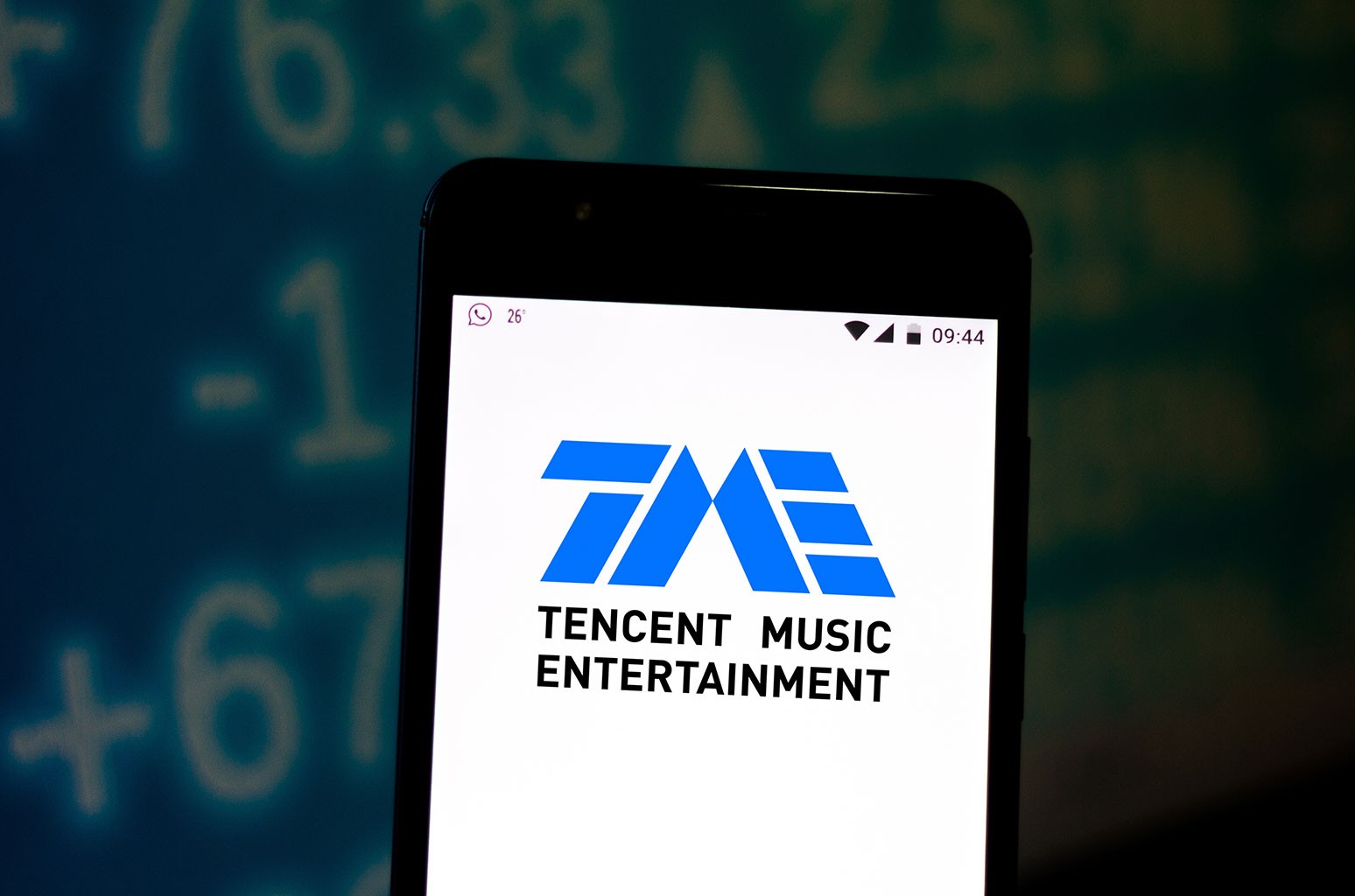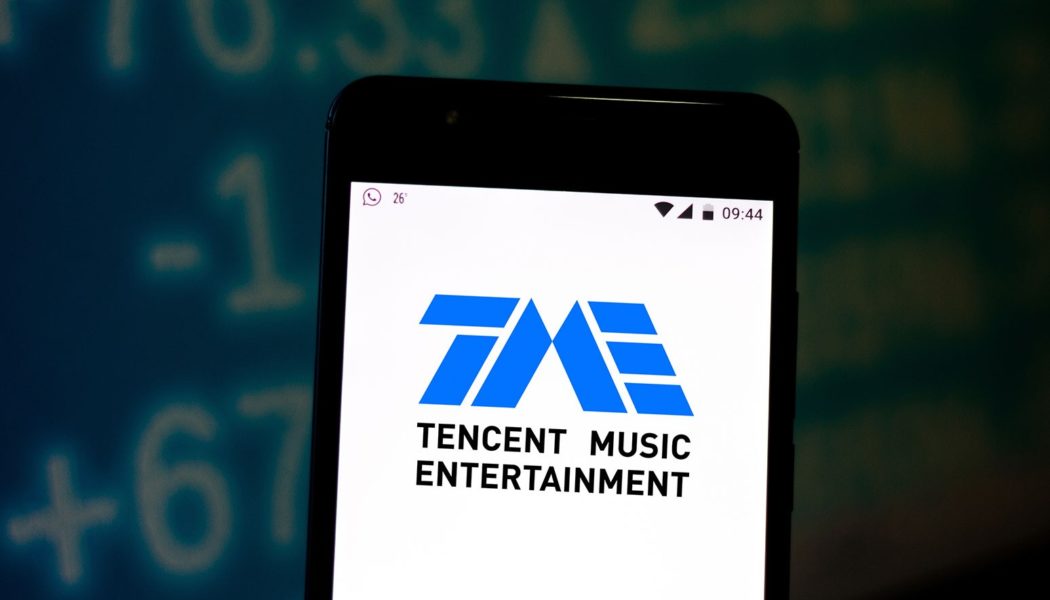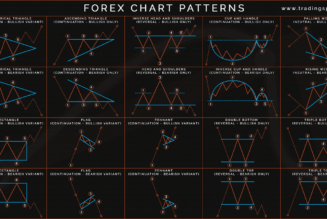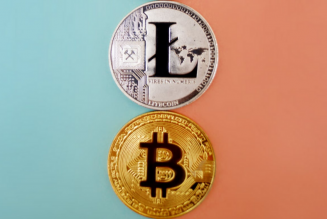
The Chinese government has unleashed 50 regulatory actions — mostly affecting tech companies in recent months, by The Economist’s count, that has created what Richard Kramer, managing partner of Arete Research, called “a tsunami of uncertainties.” Investors have reacted by pricing their uncertainty into Tencent Music’s stock price. Its shares currently trade at 27.1 times forward price-to-earnings compared to 44.2 on March 31, according to Refinitiv. At its all-time high price, Tencent’s market capitalization almost equal with that of Spotify. Now, at roughly $17 billion, Tencent Music is worth 41% of Spotify’s roughly $41 billion market capitalization.
The problems began in July when China’s State Administration for Market Regulation aimed to reduce Tencent Music’s market dominance by requiring the company to end its practice of entering exclusive licensing deals with record labels. In addition, regulators will require the company to secure approval for such preferential licensing deals “without justifiable reasons.” In regulatory filing with the U.S. Securities and Exchange Commission, Tencent Music said it is “committed to complying with all requirements set forth in the [SAMR] decision fully and in a timely manner” and will implement a “rectification plan” that includes terminating licensing arrangements.
China has targeted a wide range of issues such as foreign-listed corporations, monopolistic behaviors, culture of working long hours and cybersecurity. For example, Tencent, which spun off Tencent Music in 2018, will be required to use facial recognition technology to adhere to new rules that prohibit minors from playing online games from 10 p.m. to 8 a.m. And Ali Baba, China’s e-commerce giant, has also drawn the ire of regulators, leading to a $2.8 billion fine for abusing its dominant market position.
As some Chinese companies pause their plans to go public, Netease unilaterally delayed its plans to spin off its Netease Cloud music streaming service — a distant second place competitor to Tencent Music — and raise nearly $1 billion. The company chose to exercise caution after regulators reportedly suggested that ride-hailing company Didi delay its IPO on the New York Stock Exchange that raised about $4.4 billion. Days later, Chinese regulators launched an investigation into Didi, leading to an immediate 25% decline in its stock price and leading the U.S. Securities and Exchange Commission to require Chinese companies listed on the U.S. exchanges to begin disclosing the risks of Chinese government interference in their regular financial reporting.
The current uncertainties are also affecting music companies that own stakes in Tencent and Tencent Music — and vice versa. Spotify owns 9% of Tencent Music while Warner Music Group and Sony Music Entertainment each have smaller stakes. Universal Music Group, fewer than six weeks from listing on the Euronext Amsterdam exchange on September 21, owns a 1% stake in Tencent Music; Tencent and a consortium of investors, meanwhile, owns 20% of Universal Music Group.











